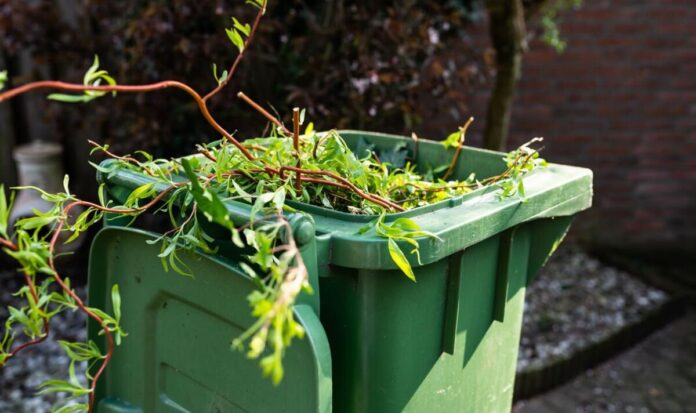Gardeners may not realise that what they do in their gardens could lead to a hefty fine. While planting, pruning , watering and mowing may not be an issue, how gardeners dispose of a specific weed could lead to legal ramifications. Gardeners could end up being fined thousands of pounds if they fail to dispose of Japanese knotweed properly. Japanese knotweed is a highly invasive plant that can spread quickly. The plant is hard to get rid of because a new plant can sprout from even the smallest piece of underground rhizome. Gardeners could face fine of ‘£5,000’ if certain plants are not disposed of ‘accordingly’ (Image: Getty) The plant can also spread into other people’s gardens and damage building foundations. Real Estate Solicitor Ryan Cotton of LCF Law has explained exclusively to Express.co.uk how gardeners could be fined for Japanese knotweed. He said: ‘Japanese knotweed is a non-native invasive weed which spreads quickly. Japanese knotweed is a highly invasive plant that can spread quickly (Image: Getty) ‘It can cause damage to a property’s foundations and other hard surfaces and its presence can make a property unsellable. ‘Though it is not illegal to have Japanese knotweed on your property, if Japanese knotweed spreads from one property to another then this could result in a right of action under private nuisance laws. ‘Moreover, a local authority can – to control or prevent the spreading of Japanese Knotweed – serve a Community Protection Notice (CPN) under section 57 of The Anti-Social Behaviour, Crime and Policing Act 2014 requiring measures to be undertaken to prevent spread. ‘If the notice is not complied with, an individual could be prosecuted leading to a fine not exceeding £2,500. ‘Japanese Knotweed is considered contaminated waste and so must be disposed of accordingly. ‘Fines of up to £5,000 can be imposed if its disposal leads to spreading into the wild.’
Gardeners could face £5,000 fine if certain plants are not disposed of properly
Sourceexpress.co.uk
RELATED ARTICLES


